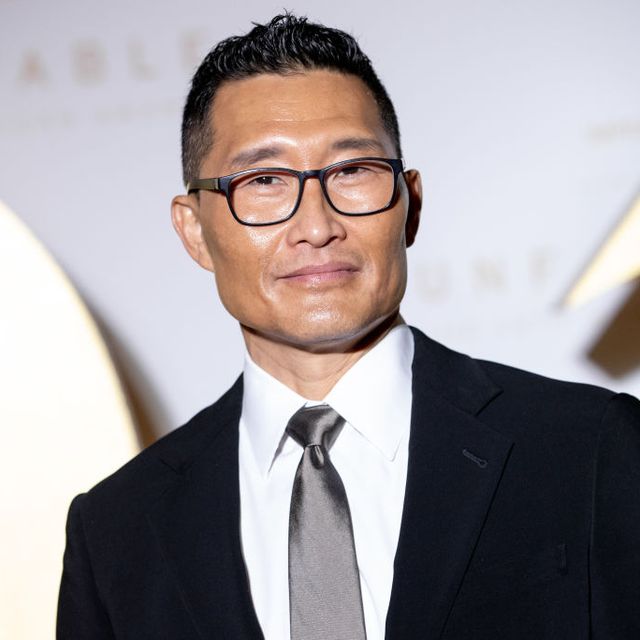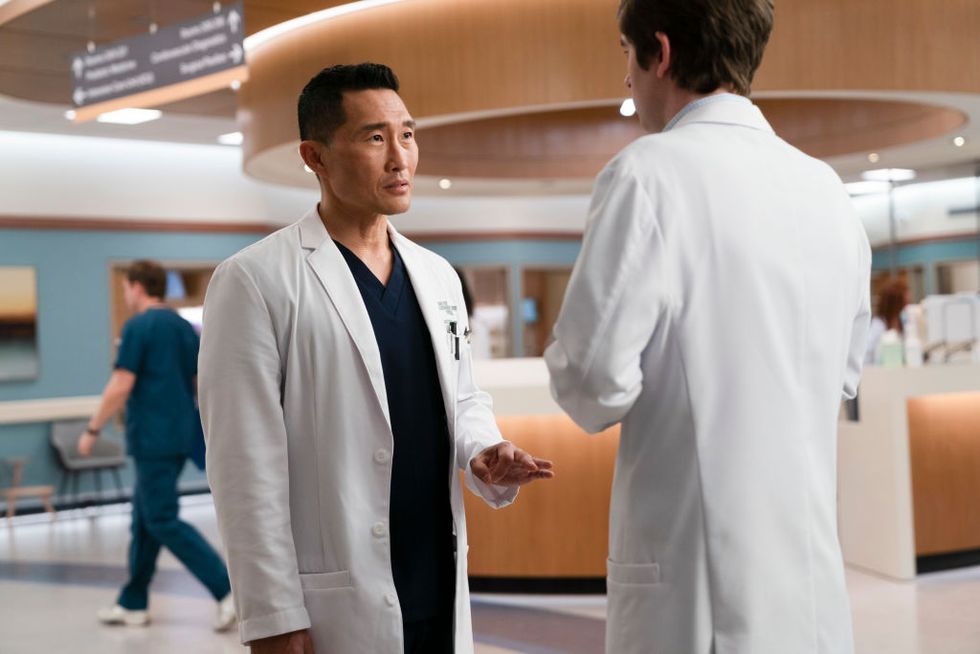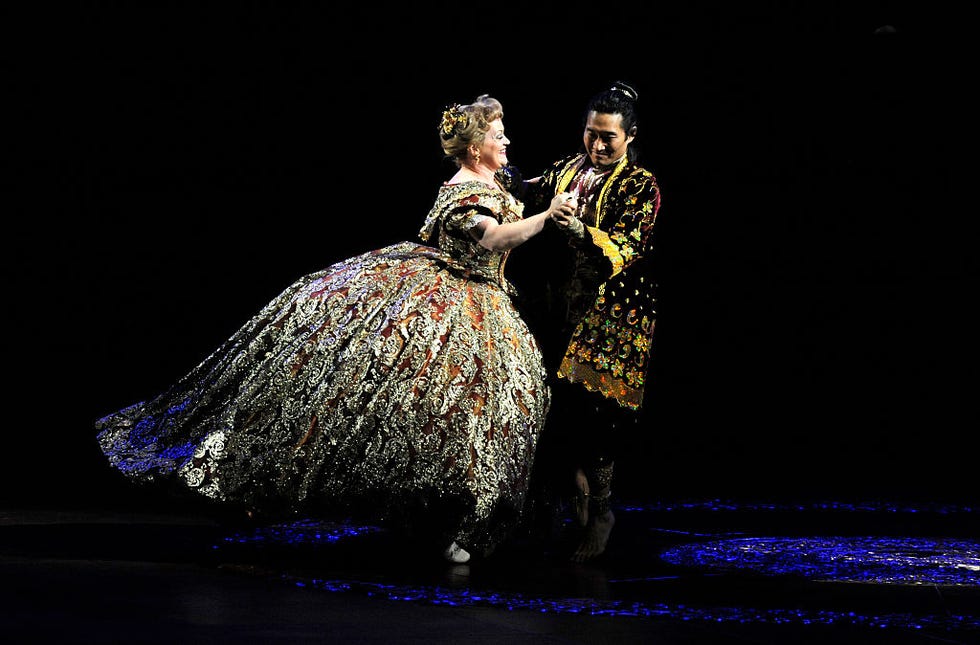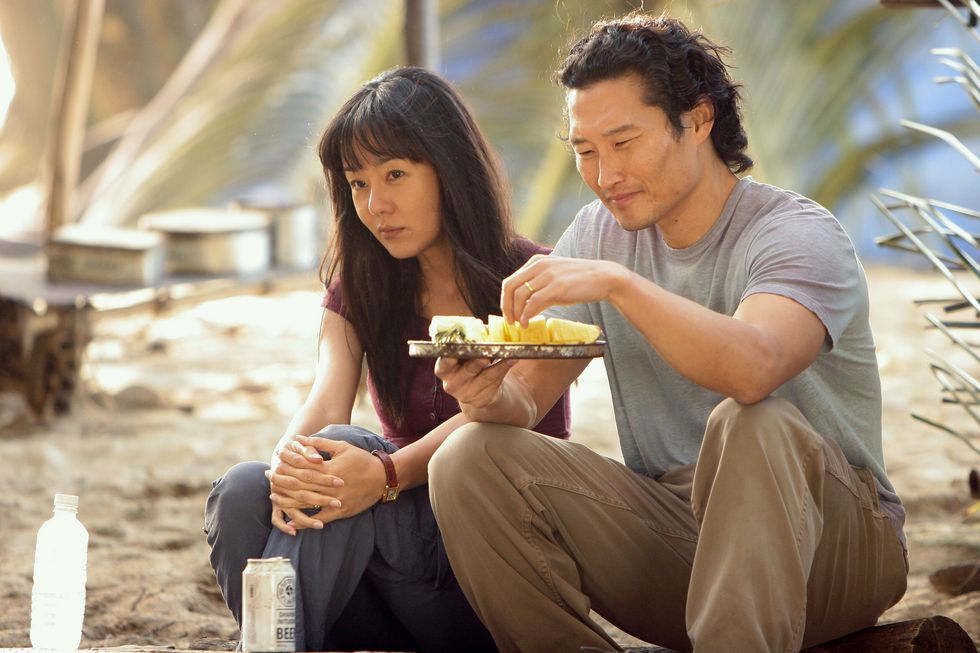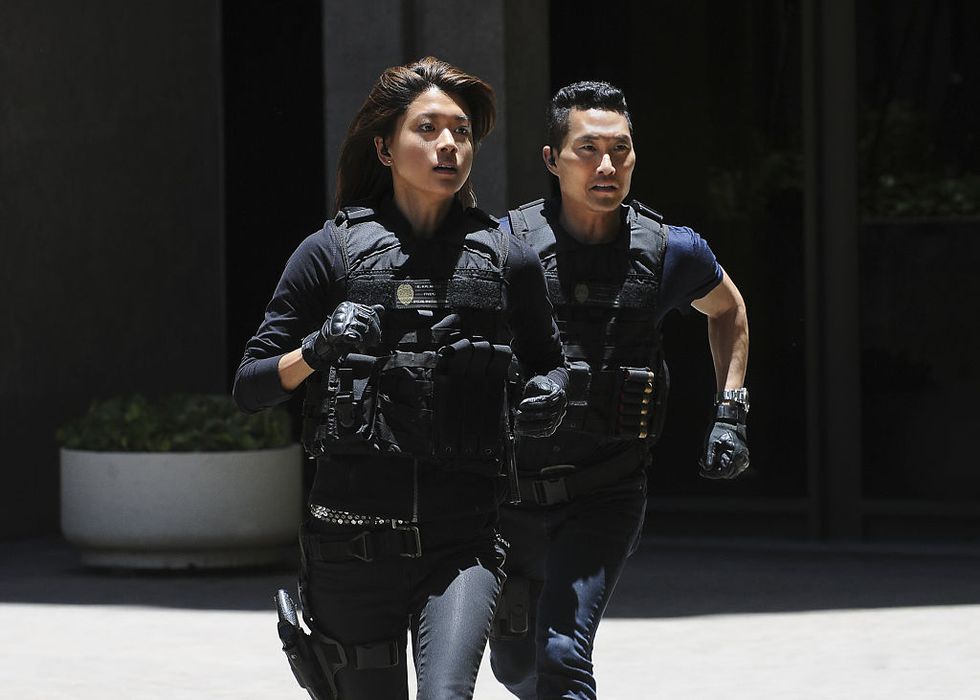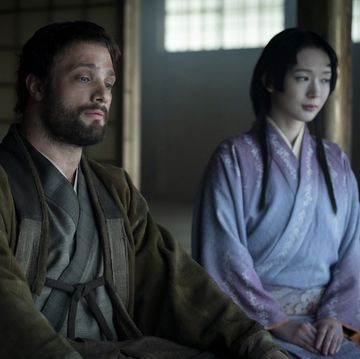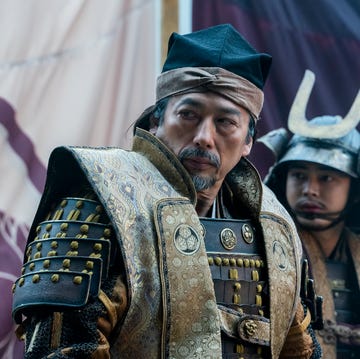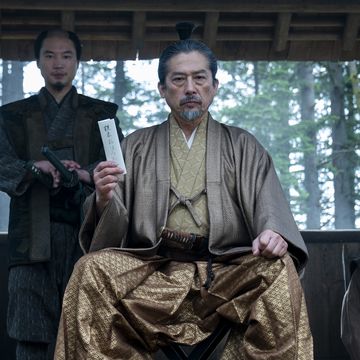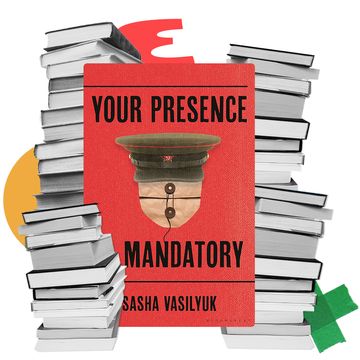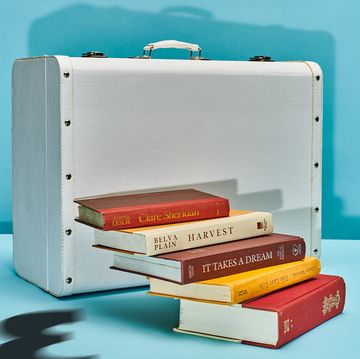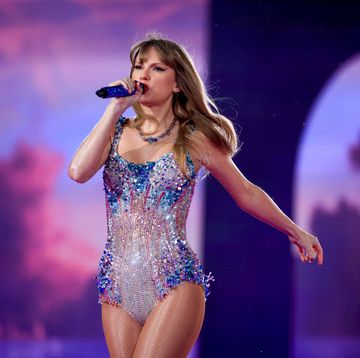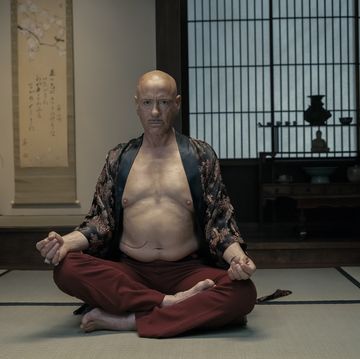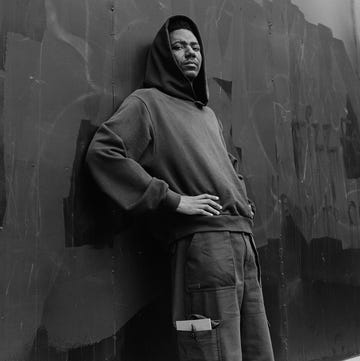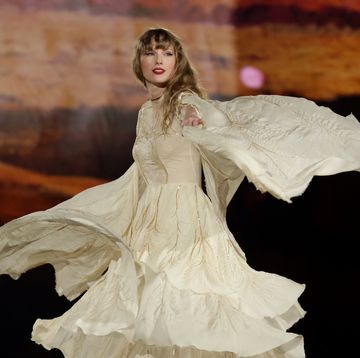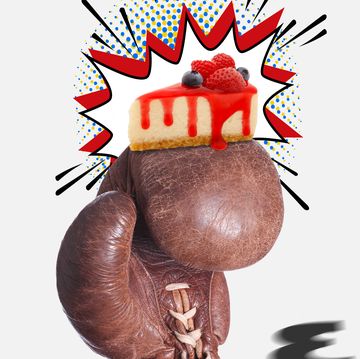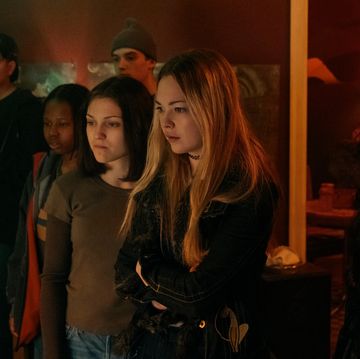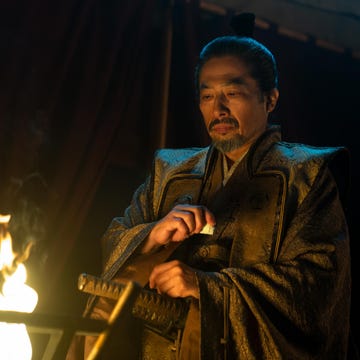You probably know Daniel Dae Kim from his role as Jin Soo Kwon on Lost, and Chin Ho Kelly on Hawaii Five-O. And more recently, Apple TV+’s Roar, Nat Geo’s scripted anthology series, The Hot Zone: Anthrax and soon, AMC’s Pantheon, an animated feature on a series of short stories by Ken Liu and Netflix’s live-action adaptation of Avatar: The Last Airbender.
But more importantly, Daniel Dae Kim has become one of the country’s most important advocates for Asian American and Pacific Islander rights. Kim started a production company, 3AD, which specifically develops content featuring characters and stories that are traditionally underrepresented.(They are the company behind the ABC show the Good Doctor where Kim also serves as Executive Producer.) He’s testified in front of Congress, twice, to help pass the Covid-19 Hate Crimes Act. And he’s a founding member of the newly formed non-profit the Asian American Foundation, which aims to improve underinvestment in AAPI advocacy. Since May 2021, TAAF has already donated $125 million in support of AAPI causes and raised $1.1 billion in its first month.
Kim’s journey from a Korean immigrant child growing up in Pennsylvania to the actor/advocate that he is today is one filled with lessons in remaining true to your values and finding the courage to stick up for yourself, and others. To celebrate AAPI heritage month, we spoke to Daniel Dae Kim via Zoom about his experience as an Asian American actor from the time he decided to pursue a creative field, the significance of his breakthrough role on Lost, and why it’s difficult for him to watch Friends.
Esquire: You went to college to study politics and become a lawyer, which seems like a very respectable major that any parent, Asian or not, would be happy about, but you eventually decided to pursue acting. What was the attraction?
Daniel Dae Kim: A few things. One was this idea that I had the license to be anyone else. I was being asked to perform, I was being asked to express myself. And very often as a kid. I felt that I was being asked to do the opposite. To not be myself. To fall between the lines of acceptable behavior. And so it was nice to feel that sense of freedom. To inhabit a character and have the license to be whatever that character required.
I also just enjoyed the intellectual part of the plays that I was doing and how they provided commentary in a way that I wasn't used to as a political science major. I was able to study and analyze the world around us through political theory and the news, but social commentary was a different thing and I found that to be really satisfying.
ESQ: And how did your parents feel when you told them that you're no longer going to be a lawyer?
Kim: They loved it! No, my parents are very old school Asian immigrants. My dad came over in the late 1960s when the US relaxed its immigration policies for Asian people with higher level advanced degrees. My dad was going to be a doctor. Both my parents went to very good colleges in Korea, and they wanted me to follow in their footsteps. When they were growing up, being an actor was not a respected profession. It's very different now in Korea, but back then it was not on the list of things to do. So my dad and I had some rocky times. We had a few years where we had some real difficulty in our relationship.
ESQ: I mean, I'm sure at some point, they eventually saw that this was a viable career for you, right?
Kim: Yeah, I mean, strangely, I hit a middle ground with them because I ended up going back to get my MFA in acting at NYU. And when I did that, first of all, I'm not trying to flex here, but I ended up winning a scholarship so they didn't have to pay for that. And they kind of begrudgingly respected the fact that I was going back for a degree, they respected the scholarship and they always thought that if the acting thing didn't work out, I could teach—I had something to fall back on. And now, obviously, they're really proud. My dad likes to give me career advice every once in a while.
ESQ: What piece of advice did he give you lately?
Kim: I tell him I have a job and he kind of sits back and says, “Well how much are they paying?” Things like that. I appreciate that he's taking an interest in my career.
ESQ: And even though your dad was in the medical profession, you had relatives who were creators and artistic types, right?
Kim: Yeah, I didn't realize this until after I had gone into my career for a number of years. And they told me that there are singers on my mom’s side of the family, there are visual artists. My dad, when he was serving in Vietnam, learned how to play the harmonica by himself and was a really talented singer. It’s scattered throughout my family. It was just repressed as a profession.
ESQ: You graduated with an MFA from NYU in ‘96. What was it like for an Asian American actor then?
Kim: It was hard in the context of how things are today. It was obviously worse. But at the time, we didn't know any better. I was young, coming out of school full of hopes and dreams. And there weren't that many opportunities for Asian American actors. We'd audition for theater because at the time, theater was more open casting-wise than television and film. Especially classics like Shakespeare, Chekoff. Many theaters were following a policy at the time called colorblind casting. And so, I got my first job out of grad school at the Public Theater in New York. And I was able to kind of start building a career that way. And there was also a theater in New York called Pan Asian Rep, which specifically focused on stories told and written by Asian Americans.
So I was able to work early. And I was very fortunate to be able to because the big problem is you can't get better at anything if you don't get practice, and when there aren’t any opportunities, you're not going to get better. So I'm really grateful to places, like Pan Asian Rep, and the National Asian American Theater Company, East West players in L.A. They were the places for Asian Americans to actually apply their craft.
ESQ: Obviously, there were working Asian actors on television and as you noted in theater, but at least, from my standpoint, we still felt marginalized. Outside of theater did you find any mentors? Who did you ask for advice? And who did you admire?
Kim: When I started acting, my role models were not Asian American because of the very thing that you mentioned. I remember looking at people like Sidney Poitier and Denzel Washington because they were pioneers and they were groundbreaking for the African American community. And I thought, well, maybe I can be the tip of the spear for the Asian American community because I didn't see that kind of representation. I just hoped and believed that we would eventually have it. And you know I hope that I’ll still be working when that happens.
But you're right, I think at the time the people that were well known, who were Asian were Jackie Chan, Bruce Lee, Jet Li. I remember Arnold from Happy Days. And back in the day, George Takei from Star Trek. I also remember the kind of stereotypes that existed back then. And it was a minefield to try and build a career at the time while avoiding roles that were obviously stereotypical.
ESQ: Which brings me to Jin, your breakout role on Lost. Personally, it was great, as an Asian Asian American male, to see an Asian dude who was kind of a sex symbol on what was one of the biggest shows on TV. Obviously you don't have a choice on how good looking you are, but was it important for you to choose roles that not only went against Asian stereotypes, but tried to break them?
Kim: It absolutely was and I can tell you that I avoided so many auditions where it was for a beta male or gang leader or you know, name the stereotype kind of a situation in the Chinatown episode of your favorite series. But when Lost came around, I thought it had the potential to be something really interesting. Because, first of all, they were looking for two people to speak Korean on an American TV show and they were meant to be series regulars. Usually, when they ask for language skills it’s for a guest star, the victim of a crime or something like that. But this was unique. I don't want to overstate things because it wasn't like I was sitting back choosing between 10 pilots and I thought, ooh, Lost seemed like the best one.
I want to be real with you. The year I got Lost, I think I had two pilot auditions the entire year. Now, for those who aren't familiar with the way pilot season worked, this was before streaming, there was one time of the year between January and March, where they would start casting and creating all of next fall's TV shows. And so it was like spawning season for salmon. It was when all the actors came to LA to try and get on these new shows. And my friends who are not Asian, specifically, white, would literally have three to four auditions a dayand they would complain to me all the time that they just can't keep up.
And meanwhile, I'm waiting by the phone and no one is calling. So when Lost happened, it was one of two. That means that for an Asian American actor, you need to have at least a 500 batting average in order for you to put food on the table for that year.
I was really lucky to get a show, to get Lost and, and even if you get a pilot, there's no guarantee that the pilot gets picked up to series and there's no guarantee that the series does well. So there were a number of hurdles that had to be crossed in order for me to be talking with you right now and for you to say, you really appreciated Lost. I was very fortunate and that part can't be overlooked.
ESQ: What I found so interesting was that you had to act like a Korean person, even though you're American. Did you discover anything about yourself, about your Korean-ness versus your Americanness, while playing Jin?
Kim: Absolutely. You know what I realized? I never really looked at my personality and my mannerisms through the lens of what part of me was Korean and what part of me was American until I started studying for this character, because I realized I couldn't have American mannerisms. I didn't want to present myself as someone who was very clearly from the US because I actually had gone back to Korea a few times and you know, from in my life, one, one of, which was when I was a teenager and when I went back to create, it was very obvious to Koreans that I was American. And before I even said a word. It was in the way I walked. It was in the way that I took up space. It was in the way I wore my clothes. And so I wanted to be sure that when I portrayed Jin that it really was someone who could pass for Korean in Korea. And so, my inspiration was actually my parents and my parents' friends, I took a lot of their mannerisms and I took a lot of the way that they approached situations. I remembered little things like how my dad would express surprise and, and how his friends would get angry at things. And so it became a little bit of a research project into my own family history.
ESQ: Part of why you started your production company was to have, as you say, a seat at the table. Tell us about that journey.
Kim: I created the production company because as an actor ultimately we are employees. We are only hired when someone else creates a world, writes a script and decides that someone like me can play a role in it. And at that point we're just waiting for a role to drop down to us that we can then compete for.
I wanted to be a job creator. I wanted to be the one that actually created those worlds so that I could populate them the way that I see the world. How do I put this? We don't have to be at the mercy of others, but we can actually be at the source of making change. Everybody answers to someone else, you know, even as a producer, we answer to studios who answer to networks, who answer to the ratings. But I knew that if I wanted to see more representation, this is a step that I could take to help that.
ESQ: You mentioned the importance of representation. I wonder what it’s like when you’re watching things with your kids. I feel, as an Asian American parent, pointing out about representation or the lack thereof and why that’s important. What’s it like when you watch things with your kids?
Kim: When my kids are watching shows my wife and I always did this natural thing, which was whenever there was an Asian face on screen to point it out to say, “Look” Whether it was a major motion picture or commercial you say, “Look.” And so just by doing that, it kind of created a dynamic where you would notice when you didn't see it.
We also do that when we see a show that has no minority representation. We'd say, “Wow that, that's an awfully homogeneous cast.” And you know, my kids loved Friends because they would watch repeats and they would say to me, “Hey, how come in their New York everyone is white?” “Thank you for thinking about that,” I would tell them. Because it's true. As much as I love that show, when it came to diversity it was…it was…challenged, shall we say. It’s important that we look at all of our entertainment through our lens. But it always says something about the way that I grew up.
There was a study that actually asked different demographics of different races to identify their heroes, and Asian Americans were a demographic that were actually able to identify with non-Asians more than any other race. So that means that they would see someone like Jennifer Aniston or any of the cast of Friends and be able to say oh yeah, that's me. Whereas other people of other races would not be able to do that as easily and as willingly, unless the character was of the same race. That was a very interesting thing, that psychologically we look outside of our own experience because we didn’t have others to look towards and we were taught to assimilate. That's a very interesting dynamic in the collective psyche of Asian America.
ESQ: I want to talk about money. You recently shared an image on your Instagram from the Chinese Historical Society of American Museum. It was a document showing how severely Bruce Lee was underpaid as one of the lead actors on The Green Hornet. You parted ways from Hawaii Five-O because of income disparity. What did it feel like to see that artifact from another era?
Kim: It gave me a strange sense of comfort to know that it was not just me. And it was not just the people around me today who have experienced that very thing, but if someone like Bruce had gone through this and survived and rose above it. It gave me comfort to know that I could do the same.
It was also obviously very depressing to understand the historical implications of how deep these kinds of issues have gone from the start of entertainment. We've had to fight for our place. It goes back to this idea of having opportunity because in order for your salary to climb, you have to have a number of opportunities where each time you build your quote to a higher level. But if you don't have opportunity, you're automatically staying at a lower salary than people with opportunity. And so, you see how this idea of opportunity has many different implications.
Bruce's skill, set…if you think about the Green Hornet. Do you really remember anyone else in the Green Hornet other than Bruce Lee? And he was not only acting, he was doing his own stunts. He was doing the stuntman's work and an actor's work, and he was number two on the call sheet. And actually, if you look at the overtime on those sheets, Bruce was paid less than a stunt person.
It's just one of those things where we have to constantly fight for our place at the table. And I think it’s increasingly important that we're vocal about fighting for our place at the table, because it's no secret within the Asian community that this has been going on for a long time, but it's brand new to people outside the community who are shocked that this kind of thing is happening.
And so it's incumbent upon us to shine a light on it. And it’s not just in my industry. It's in other industries as well. We've all seen the bamboo ceiling where you know, so many of us come out of Ivy League educations and we go into top firms, top companies, top publications, and we're there in large numbers at the lower levels, but we disappear as we get up to the mid-level and to the C-suites. What happens to us where our representation drops drastically?
ESQ: And what do you think needs to change to break through that so-called bamboo ceiling?
Kim: I think it's a number of things. It's conversations like this. It's things like Asian American Pacific Islander Heritage month where we highlight the stories of Asian Americans and we celebrate them. It takes people to vocalize when we have victories and things worth celebrating. And it means for us to stop behaving like perpetual visitors. And to behave as Americans who deserve the privileges and entitlements of being a citizen here, and having lived a life here, and in many cases generations having lived here. We just need to believe it ourselves and educate those who see us in a way that's anything other than a full-fledged American.
ESQ: You've had a lot of practice advocating for yourself and for others in the AAPI community. But even I, as a forty-something professional, sometimes find it difficult to advocate for myself, let alone for other folks who might be underrepresented. What kind of advice do you have for people to muster that kind of courage?
Kim: It's not easy. There are a lot of cultural elements to why we behave the way that we do. But the point is people won't know you have a problem until you let them know that there's a problem. And I think it's very easy for us historically to be overlooked and say, “Oh don't worry about Kevin. Don't worry about Daniel. He's fine. Look, he's just working quietly over there.” So you know, one of the lessons I learned in my industry is that the squeaky wheel gets the grease. And that's not to say that everyone needs to be a pain in the ass, but we need to find that courage.
And you know what, when I left Hawaii Five-O, I didn't necessarily do that for myself as much as I did for generations coming behind me because it takes people like us who are established and can make the choices to take a job or not, that will help those who don't have a choice, who are starting out and, you know, are offered something less than equal and have to take it because they don't have the choice.
So it's really about trying to think about the generations to come and how what we're doing—and I'm including you in this Kevin because you're in a position now where you have influence, you have a platform—is making things better for those coming after us the way that the people before us blazed the trail for us.
